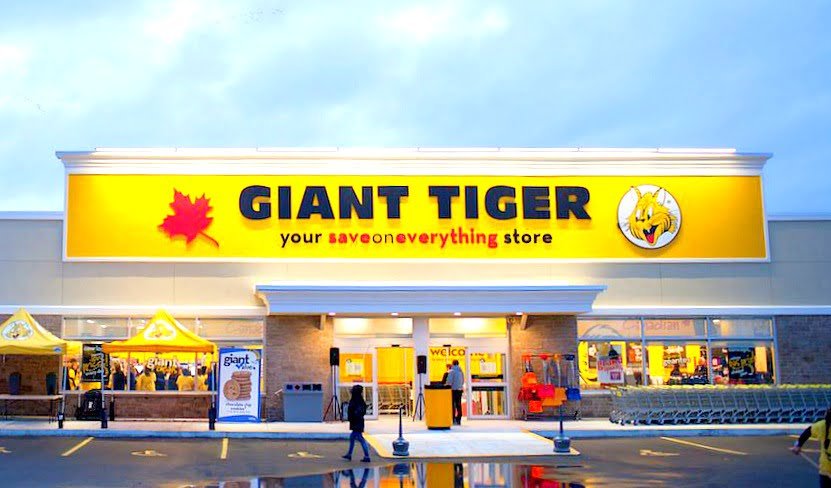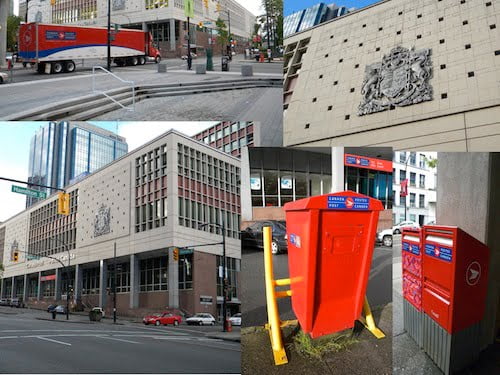Motorcycle sales in Canada are taking a hit in 2025, as industry leaders continue to grapple with economic uncertainty and rising tariffs—particularly those targeting U.S.-manufactured products.
Landon French, CEO of Moto Canada, says the combination of supply chain disruption, shifting consumer behaviour, and cross-border trade tensions is weighing heavily on the industry.

“Going into the year, some of the motorcycle brands were soft and struggling, while the off road ATVs and side by sides were actually up and doing well,” says French. “So when you add the economic uncertainty and some of the tariff threats, that has cooled a lot of the growth that we were seeing early in the year.”
Moto Canada, based in Markham, Ontario, represents manufacturers and retailers of motorcycles, scooters, and off-road vehicles. It collects and shares monthly sales data for 15 major OEMs (original equipment manufacturers), while also leading advocacy efforts for the sector.
In April, Moto Canada reported a significant drop in first quarter retail sales data for 15 of the top powersport brands across all motorcycles for the first three months of 2025, compared to the same quarter last year.
The impact of the ongoing trade war between the United States and Canada, driven by tariffs first imposed by U.S. President Donald Trump and Canadian counter-tariffs, has hit motorcycles the hardest, down nearly 22 per cent over 2024.
“To be clear: this decline is almost exclusively due to Canadian consumers feeling nervous about their financial situation due to tariffs,” said French. “The year began on a positive note across all categories in January, but took a major downward turn in February, with the trend continuing through March. The uncertainty has led to significantly reduced spending on motorcycles.”
“The damage inflicted by tariffs and counter-tariffs is already underway, and it needs to be halted before it causes irreparable harm.”
Approximately 32 per cent (45,000) of all motorcycles, scooters, all-terrain vehicles, and side-by-sides sold in Canada each year are manufactured in the U.S., while 4,000 motorcycles are manufactured in Canada and sold in the U.S.
“The next few months will be critical for powersport manufacturers and dealers in Canada,” says French. “Ensuring that dealers can continue to keep their skilled employees working will be the key to emerging from this situation when things improve. It’s important that governments recognize the contribution the more than 900 dealers and 88,000 jobs make in Canada, particularly in rural Canada. While much attention is rightfully given to the auto industry at this time, we are working every day to ensure the powersport industry receives the attention it deserves.
“We’ve been around since the early 70s in different incarnations, under different names, but essentially the jobs remain the same,” says French. “One is to capture the sales data… and we also work on advocacy, and that’s how we started when importing motorcycles to Canada back in the late 60s and early 70s was a real challenge.”
According to French, the industry had seen strong demand during the COVID-19 pandemic, as Canadians had both time and money to invest in recreational vehicles. But that momentum is beginning to stall.
“January, we were actually up. But then come February, March, it sort of dropped,” says French. “Particularly the off road side, people are still buying and still hanging in there. It’s in the on road side, the motorcycles in particular, [that] have had a real struggle, because they are the subject of the tariffs.”

Those tariffs, he adds, don’t just impact complete vehicles—they’re also hitting parts, tires, apparel, and other related products. “There are not tariffs on off road vehicles, recreational vehicles, like ATVs and side by sides yet, but the Canadian government has threatened those as reciprocal tariffs to the United States.”
French says the industry is closely watching political developments. “We really were looking forward to seeing how this election turns out. So now that that’s done, we can start moving forward with the renegotiation with the United States, and we really are looking forward to that process.”
In a complex and globally connected industry, even small shifts in policy have major ripple effects. Moto Canada’s members import from 16 countries. Only one OEM, BRP, manufactures motorcycles and snowmobiles domestically in Quebec. “Half of our OEMs produce in the United States,” notes French. “Of the 140,000 vehicles that come to Canada [and are] purchased by Canadians every year, about 40,000 of those are produced in the United States and shipped to Canada under the Canada US Mexico free trade agreement.”
Adding to the challenge is the fragility of the dealer network.
“Motorcycles are not being shipped from the United States to Canada right now because of the tariffs,” says French. “OEM dealers are doing okay on inventory because they were [in a] pretty good position to start the year, but that’s not going to last forever. And the longer this goes, the more difficult it becomes for both the OEMs and the dealers.”
And it’s not just a supply problem. Consumers are increasingly cautious with how they spend.
“It also becomes more difficult for consumers who are quite concerned about their disposable income,” French explains. “Recreational vehicles and power sports are not a necessity, usually. So that’s something that people are being very careful about right now, until they understand more what the future holds.”
Looking ahead, Moto Canada is hopeful that the regulatory landscape will stabilize and offer clarity to the businesses and consumers who rely on the powersports industry.
“Everybody’s trying to get through this current period, but also [has] an eye on what the future is going to look like and where they need to place their bets,” says French.
Moto Canada is the nation’s leading industry association representing the interests of the world’s best powersports brands — including Arctic Cat, Argo, Aprilia, BMW Motorrad, BRP, Can-AM, Ducati, GasGas, Harley-Davidson, Honda, Husqvarna, Indian Motorcycles, Kawasaki, KTM, MV Agusta, Moto Guzzi, Piaggio, Polaris, Royal Enfield, Suzuki, Triumph, Vespa and Yamaha. Moto Canada members represent more than 90 percent of the powersports industry in Canada, generating $17.3 billion in economic activity and supporting over 88,000 Canadian jobs.
Related Retail Insider stories:












